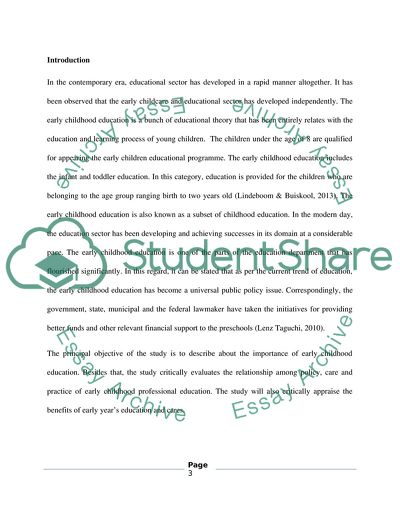Cite this document
(Notion and Practice of Maintaining Integrity in the Quality Gaze Essay Example | Topics and Well Written Essays - 2000 words, n.d.)
Notion and Practice of Maintaining Integrity in the Quality Gaze Essay Example | Topics and Well Written Essays - 2000 words. https://studentshare.org/education/1861254-critically-explore-the-notion-and-practice-of-maintaining-integrity-in-the-quality-gaze
Notion and Practice of Maintaining Integrity in the Quality Gaze Essay Example | Topics and Well Written Essays - 2000 words. https://studentshare.org/education/1861254-critically-explore-the-notion-and-practice-of-maintaining-integrity-in-the-quality-gaze
(Notion and Practice of Maintaining Integrity in the Quality Gaze Essay Example | Topics and Well Written Essays - 2000 Words)
Notion and Practice of Maintaining Integrity in the Quality Gaze Essay Example | Topics and Well Written Essays - 2000 Words. https://studentshare.org/education/1861254-critically-explore-the-notion-and-practice-of-maintaining-integrity-in-the-quality-gaze.
Notion and Practice of Maintaining Integrity in the Quality Gaze Essay Example | Topics and Well Written Essays - 2000 Words. https://studentshare.org/education/1861254-critically-explore-the-notion-and-practice-of-maintaining-integrity-in-the-quality-gaze.
“Notion and Practice of Maintaining Integrity in the Quality Gaze Essay Example | Topics and Well Written Essays - 2000 Words”. https://studentshare.org/education/1861254-critically-explore-the-notion-and-practice-of-maintaining-integrity-in-the-quality-gaze.


